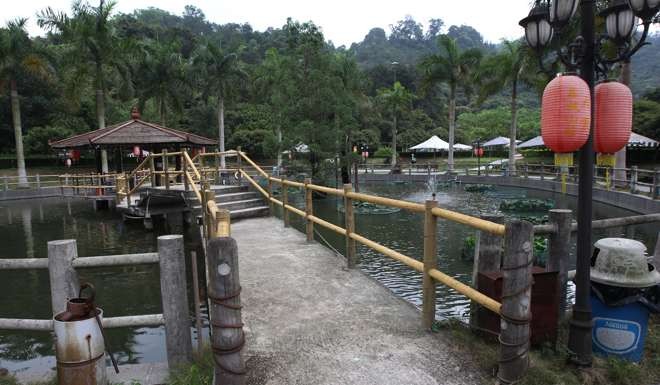
Officials share blame for rampant abuse of government land
Lack of enforcement action and bureaucratic inertia serve only to encourage illegal occupation of public property

The way the government deals with land illegally occupied in the New Territories is absurd to say the least. Instead of taking resolute enforcement action, there appears to be a policy of tolerance, so much so that it effectively entrenches, if not encourages, abuses. Credit goes to the Ombudsman, therefore, for going after the Lands Department for allowing those who have grabbed government land to stay put, sometimes for decades.
Currently, officials are empowered to reclaim occupied sites when the period for rectification expires. But offenders may continue to occupy the land by applying for short-term tenancy or temporary waiver of conditions of leases, with approvals sometimes taking years rather than 24 weeks as stipulated under internal guidelines. What’s more absurd is that enforcement action is suspended once an application has been made.

That explains why land abuses have become so rampant. In one case, a cafe has ignored complaints from local residents to illegally operate rent-free in the open area of a village for almost 20 years. The average waiting time for approval for short-term tenancy has ranged from 13 to 19 months in recent years. The loss of rental income arising from the delay could be significant.
The government has sought to dispel the impression that all breaches would be allowed to continue, saying some 60 per cent of applications had been rejected. But with one in three cases approved, the percentage is still uncomfortably high.
There are those who argue that “regularisation” has its merits, in that the government can at least collect rent and impose conditions on use. Reasonable as it sounds, it risks becoming an incentive for people to occupy government land illegally. This is hardly in line with the spirit of the rule of law.
While officials have admitted there is room for improvement, they have also cited manpower shortages to excuse themselves. However serious it might be, resource constraint is no defence for lax enforcement. As the city’s land administrator, the department has no excuse not to crack down on abuses of government land. It makes no sense to talk about the rule of law while implementing a mechanism that allows abuses to continue. As the Ombudsman rightly pointed out, the practice of regularisation amounts to connivance or even encouraging breaches, which in turn aggravates the problem of illegal occupation. The department should instead consider more proactive investigations and prosecutions.